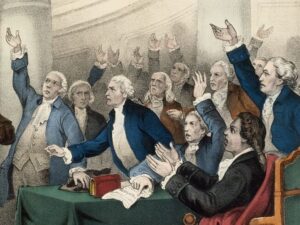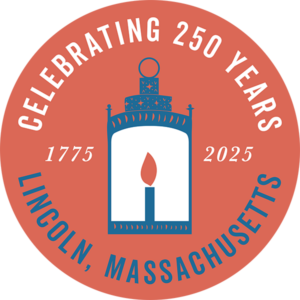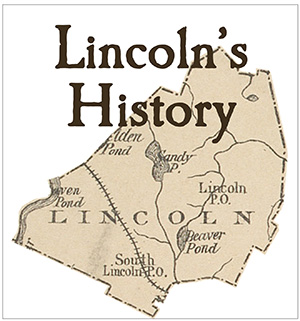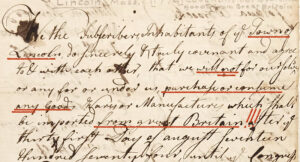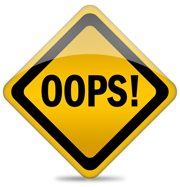The public is invited to attend a special event with the honorable Stephen Breyer, a retired associate justice of the U.S. Supreme Court in a conversation moderated by historian Douglas Brinkley, at the Walden Woods Project in Lincoln on Friday, May 30.
The outdoor event will be held rain or shine in an enclosed tent. We ask guests to arrive promptly between 5:15 and 5:30pm for the introduction at 5:40pm. Advance registration is required for admission. Click here to:
- Reserve your seat(s)
- Pre-order signed copies of Justice Breyer’s recent book, Reading the Constitution: Why I Chose Pragmatism, Not Textualism and Douglas Brinkley’s book, Silent Spring Revolution
- View a list of FAQs
- Submit a question for Justice Breyer (please note: time constraints limit the number of questions that will be selected for response)
Preceding the conversational program will be the first public showing of a nine-minute introduction to the feature documentary, “Henry David Thoreau.” The film, by Ewers Brothers Productions and Executive Producers Ken Burns and Don Henley, is scheduled to air on PBS in 2026.
Breyer served on the U.S. Supreme Court from 1994 to 2022. His other books include Active Liberty (2005), Making Our Democracy Work: A Judge’s View (2010), The Court and the World (2015), and The Authority of the Court and the Peril of Politics (2021). Brinkley is the Katherine Tsanoff Brown Chair in Humanities and Professor of History at Rice University and a CNN Presidential Historian. Six of his books were named New York Times “Notable Books of the Year” and seven became New York Times bestsellers.
The event is co-sponsored by Lincoln250, Concord250, the Bemis Free Lecture Series, and the Lincoln Historical Society.

